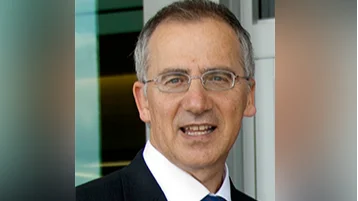
Researchers at UTHealth Houston are seeking community input on a proposed study to compare resuscitation treatments for children with severe injuries. The study will investigate the effectiveness of whole blood versus traditional blood component therapy, and tranexamic acid versus no tranexamic acid, in improving survival rates for children at risk of bleeding to death.
The traditional treatment for bleeding involves administering separate units of red blood cells, plasma, and platelets. However, recent evidence suggests that whole blood may improve survival compared to separated blood products. Some centers also use tranexamic acid alongside these treatments. The best strategy for severely injured children remains unclear.
The Massive Transfusion in Children-II (MATIC-2) trial aims to compare these strategies in addition to standard care for children with massive bleeding. "There is a growing body of evidence that tranexamic acid and/or whole blood may reduce the chance of dying in injured children who require blood products," said trauma surgeon Charles S. Cox, Jr., MD.
Cox highlighted the urgency of finding better treatments: "The standard treatment...involves the transfusion of different types of blood products...But even with these treatments, up to 30% of patients suffering from a serious traumatic injury die."
Patients in this study will have sustained serious injuries causing significant blood loss, necessitating immediate interventions. Due to the nature of these injuries, most patients will be unable to consent ahead of time. If community feedback is positive and an independent review board approves the study, UTHealth Houston will participate. Community members can request a bracelet indicating non-participation if they do not wish to be included.
The MATIC-2 trial will be conducted across 20 trauma centers in the U.S., involving 1,000 patients from late 2024 until 2028. It is funded by the Biomedical Advanced Research and Development Authority under contract number 75A50123C00047.
"The results of this study have the potential to change the way trauma patients are treated," Cox stated. "If we can determine the best combination of treatments...we can transform the standard of care for bleeding children and save thousands of children's lives."
Feedback from Houston residents is requested via phone call, email, or an anonymous survey available on their website: www.uab.edu/medicine/cis/matic-2-the-university-of-texas-health-science-center-at-houston-uthealth-houston. Information about public meetings on July 10 and July 19 can also be found online.